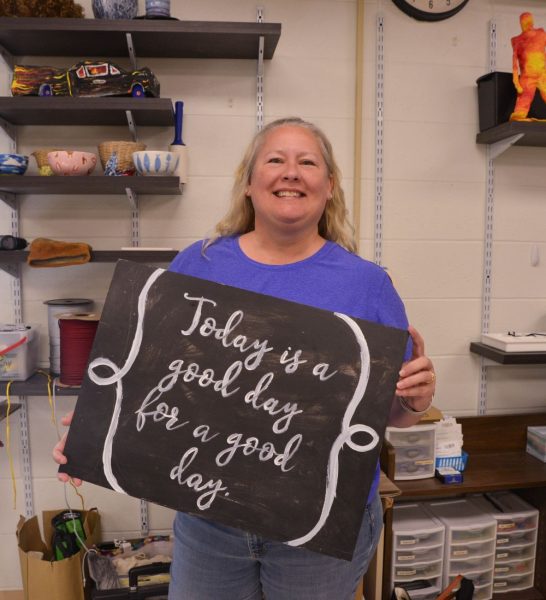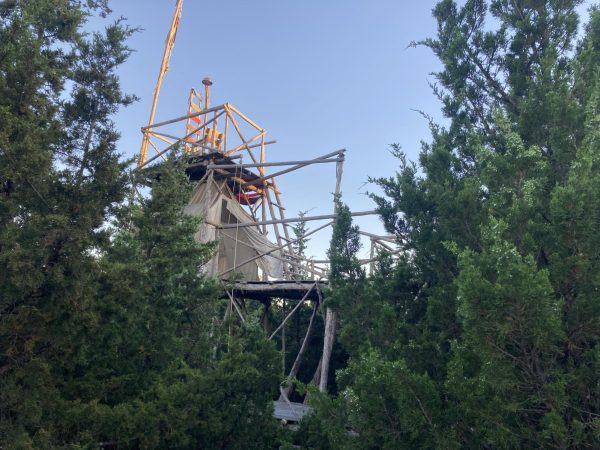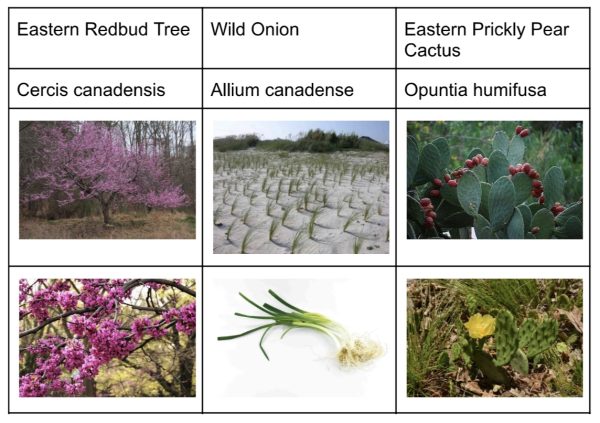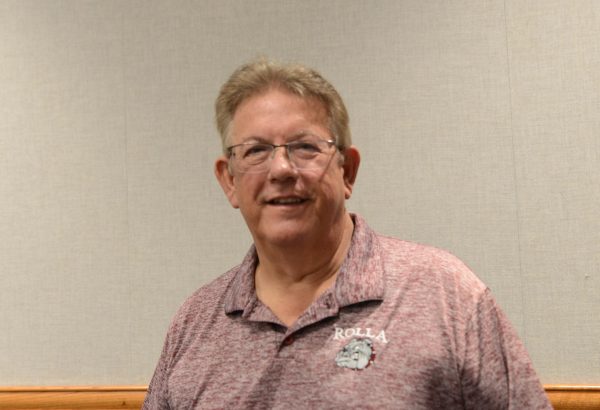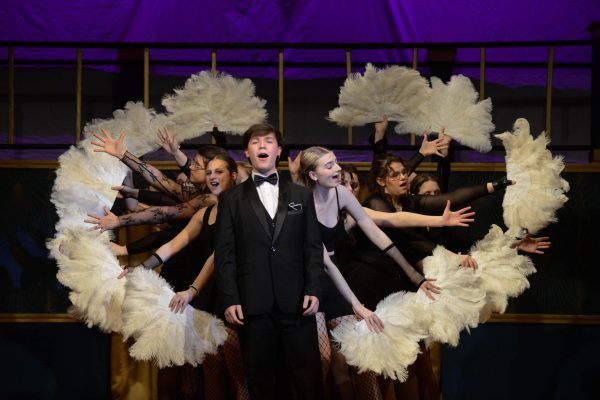Special Education teachers work to provide classes for everyone
The public education system serves a large variety of students with different educational needs. For students in the special education program, it takes a dedicated team of faculty to ensure they are not overlooked. In the Rolla school district, teachers and administrators work together to support these students.
Dr. Stacey Reed is on her tenth year as the district’s Special Education Director. As director, Reed oversees the implementation of special education teaching and maintains compliance with state and federal guidelines.
“I actually went to school to be a secondary English teacher, but then I ended up doing special education because I went and observed special education classes and I absolutely fell in love with the kids,” Reed said.
Reed’s primary focus is to ensure the 550 students that are in special education throughout the district receive a proper education. Students receiving such services have a large range of disabilities and the level of severity varies from student to student. As a basic principle, teachers provide what is called the “least restrictive environment,” meaning students with disabilities are educated with students without disabilities to the maximum appropriate extent. Students in the program can receive services starting with early childhood education all the way up to a transitional program preparing students for life after high school. Each student’s education is individually tailored to fit his or her needs through IEPs.
“IEPs are individual education plans that the school team and the guardian are involved in. They’ll sit down, sometimes with the students, and we’ll talk about how their disability is impacting them and then we’ll talk about what actual special education services they need,” Reed said.
Special education teachers provide a more individualized method of instruction that pays attention to each student’s needs. The district employs a broad range of special education employees, including teachers, occupational therapists, physical therapists, and paraprofessionals. Reed expressed high satisfaction for the district’s special education employees.
“I feel like our staff cares which is one of the biggest things. If you care enough, you’re going to go the extra mile and you’re going to do what you need to do for your students,” Reed said.
Darla Wells is one such teacher from Wyman elementary. Wells decided to go into special education in college, and has since then found her passion teaching early childhood education for students with special needs. If it is determined that a student ages three to five needs extra developmental support before kindergarten, then they can be tested to see if they qualify for the early childhood program. Students in this program may have difficulties in adaptive skills, social and emotional capabilities, language, speech, physical capabilities, and cognitive abilities. The early childhood program gives such students a leg up before they hit normal school age.
“We don’t want to be a crutch. We want to be a support to get them to where they do not need our services. Some kiddos will get there quicker than others, and some will need special education services even through high school,” Wells said.
Wells teaches a peer model special education classroom for students with IEPs as well as students who are typically developing. According to Wells, this structure helps students build empathy and understanding towards students with differences. Wells works to make her classroom as supportive and positive for her students, or “kiddos”, as possible.
“We really talk about how we all need different things and we’re a family,” Wells said.
The early childhood program and its teachers also provide relief for the families of special needs students.
“For some families it’s hard to go, ‘oh is there something wrong with my kid?’ and I go ‘no, it’s just that they learn differently and that’s what we’re here for,’” Wells said.
Wells and the special needs staff provide a critical support for their students that guides them throughout their educational career.
“Our students and teachers are very open and willing to work with students with special needs. We’re in it together. We’re a family, let’s do this. Let’s support these kids no matter what,” Wells said.
While Wells and the rest of the Rolla faculty provide education for a broad range of students, some students may require additional educational support beyond their local district. Severely disabled students with an IQ or adaptive skills below 40 may attend the B.W. Robinson School. B.W. Robinson, situated next to Wyman elementary school, is one of 34 schools throughout the state administered by the Missouri Schools for the Severely Disabled. B. W. Robinson enrolls approximately 50 students from Rolla and other surrounding towns from the age of 5 up to 21.
Jeanel Tomnitz has been a teacher at B.W. Robinson since this past August. Her classroom includes high functioning students ages 12 through 20. Tomnitz focuses on teaching her students life skills and behavior, and also incorporates academics such as math, science, and english.
“I have worked with special education since I was young. My cousin was special ed and my mom raised her, so I’ve had that close interaction. I’ve always seen them as such sweet people that need someone to advocate for them and take the time to unlock so much potential,” Tomnitz said.
As a teacher for severely disabled students, Tomnitz faces her fair share of challenges in the classroom and has to put in hard work and patience for her students. However, similarly to Rolla’s teachers, Tomnitz finds her work to be fulfilling regardless of its challenges.
“My first month here as a teacher’s aide I taught a child to feed themselves and the mother cried. I love celebrating those small victories. I love to see them succeed and grow. I’m gonna cry when they graduate, but knowing that I helped them have a better life means the world,” Tomnitz said.
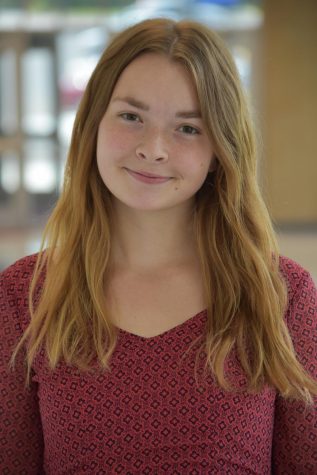
Hello! I’m Lauren and I’m super excited for my first year in Echo. I’m a junior this year, and I’m involved in band, debate, eco club (you all...



